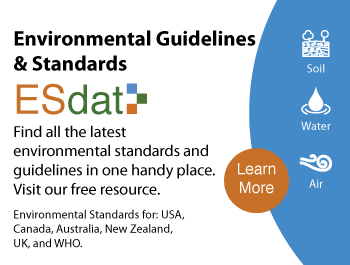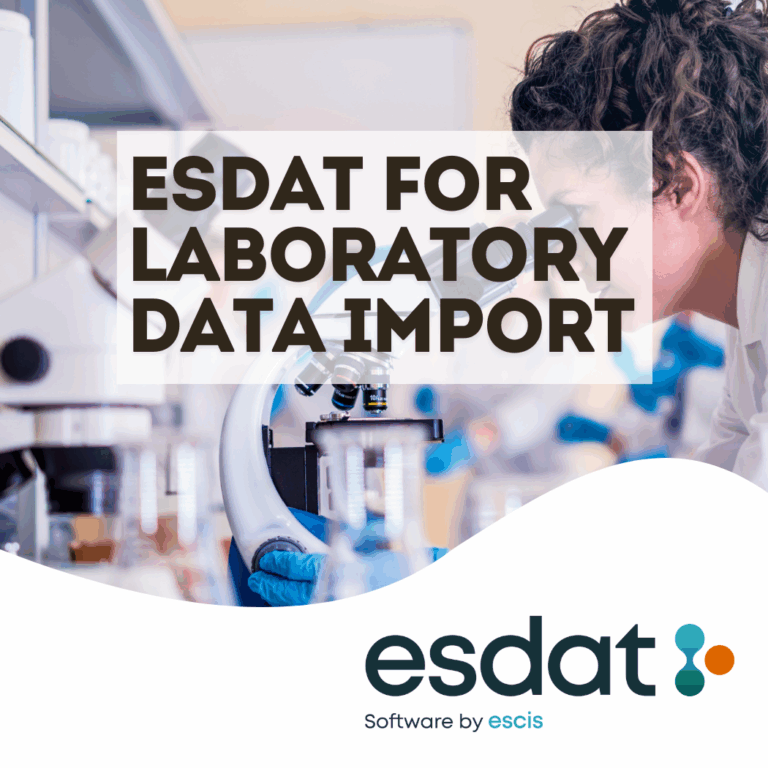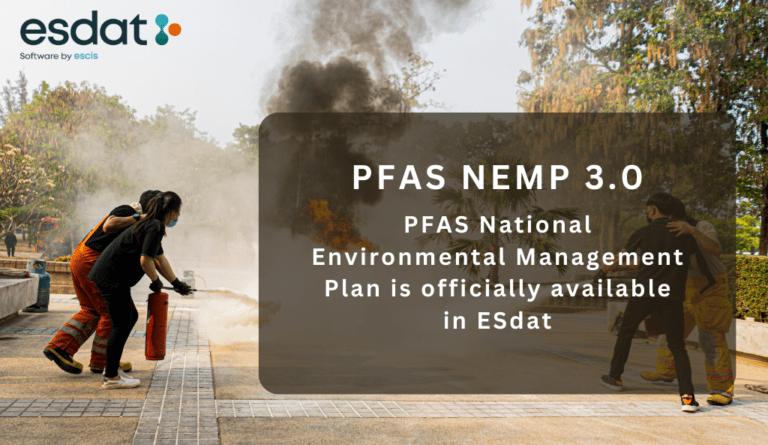Massachusetts Contingency Plan (310 CMR 40.00) standards were established to provide the procedures and requirements necessary to protect public health, safety, welfare and the environment. It controls or prevents activities that may lead to the release of hazardous materials into the environment. In case of the release of hazardous materials, the Massachusetts Department of Environmental Protection (MassDEP) should be notified. MassDEP is responsible for enforcing the requirements under MCP. The regulations under MCP requires cleanup of contaminations to protect human health and the environment. The standards provided under MCP apply to owners of properties and parties who are potentially responsible for cleanup when contamination occurs. The potentially responsible parties (PRPs) include current and previous property owners, generators, transporters, and others who may have played a role in contamination. Such parties are no longer responsible once cleanup is completed.
Cleanup at sites is monitored by Licensed Site Professionals (LSP) who a State Board approves. MassDEP, on the other hand, oversees compliance through audits. Cleanup outcomes are accepted once backgrounds conditions are achieved, and the is no significant risk to public health, safety, welfare, and the environment. Consequently, MCP provides guidelines for risk assessment conducted to ascertain the situation regarding facilities, chemicals, and conditions. It also contains general provisions on contamination, responsibilities of different parties, notification requirements, response actions and deadlines, initiatives to reduce risks, tier classifications, temporary and permanent solutions, audit and compliance, and public involvement.
Generally, MCP standards provide a comprehensive guideline that is observed to handle contamination. The overall objective is upholding human health and protecting the environment. It plays a vital role in the pursuance of public health and environmental goals through the specified regulations and procedures.
Massachusetts MCP standards are now available in ESdat. ESdat is a specialist environmental database system; used to validate and import a broad spectrum of Environmental Data and to help users analyze and report it.
ESdat Online delivers a highly cost-effective and efficient approach to store your ongoing monitoring environmental data, optionally with a historical data upload provided as a getting started service. ESdat Online is perfect if you want a cloud-based system that collates and reports your ongoing laboratory and field results.
ESdat Server provides the advantages of ESdat Online with the option of adding ESdat Desktop for data experts to upload their historical data, effectively interrogate the raw data being used within the database, and automatically launch and send data to other Desktop Applications such as Surfer, ArcGIS and Excel.
A variety of complementary products are also available to help with related work, such as sample planning and electronic Chain of Custody (LSPECS), offline field data collection or bore logging (pLog), production of bore logs (ESlog) public portals and customized reporting.
All compiled environmental guidelines and standards are shown here. These are pre-loaded into ESdat Online.

References
Commonwealth of Massachusetts (2021). 310 CMR 40.00: Massachusetts Contingency Plan. Retrieved from https://www.mass.gov/regulations/310-CMR-4000-massachusetts-contingency-plan
Commonwealth of Massachusetts (2021). Risk assessment information. Retrieved from https://www.mass.gov/lists/risk-assessment-information#ambient-&-indoor-air-






